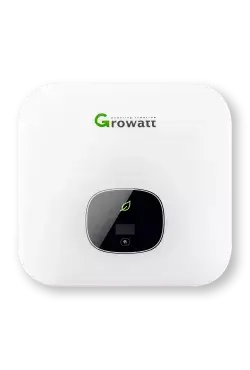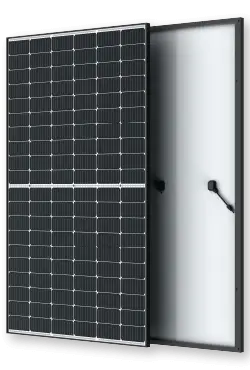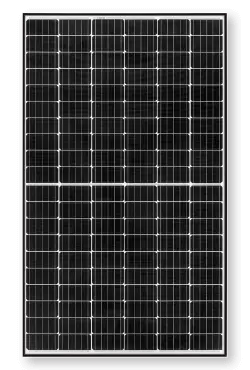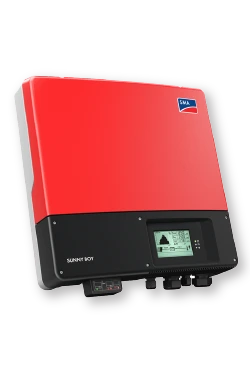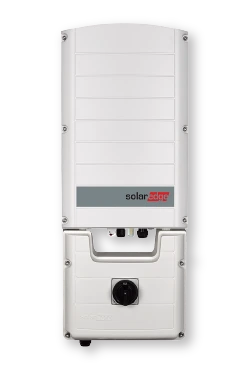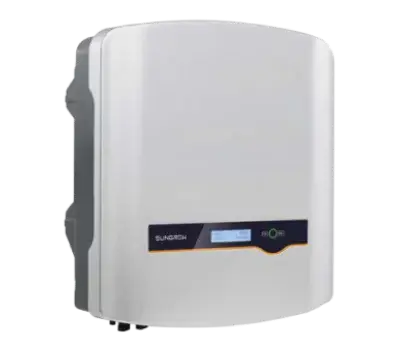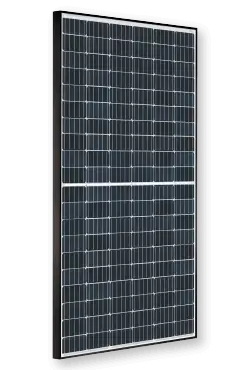The Impact of Solar Panels on Your Property in Australia

12 March, 2024.

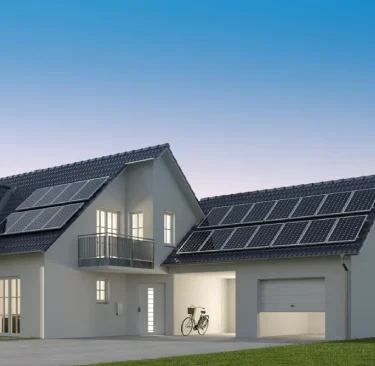
Introduction
In Australia, the adoption of residential solar panels is rapidly increasing, fueled by both a desire for energy autonomy and a growing environmental awareness. This surge reflects a fundamental shift towards sustainability as homeowners embrace solar energy's potential. By harnessing sunlight to generate electricity, solar panels offer a clean, renewable alternative to traditional energy sources. This transition is not merely about reducing electricity bills; it represents a commitment to reducing carbon emissions and mitigating climate change.
Solar power stands as a beacon of hope in the fight against environmental degradation. Its widespread adoption contributes to a greener future, where reliance on fossil fuels is minimized, and renewable resources are maximized. As rooftop solar becomes increasingly prevalent across the country, Australia positions itself as a leader in sustainable energy practices. With each solar panel installed, homeowners contribute to a cleaner, more sustainable planet, fostering a legacy of environmental stewardship for future generations to inherit.
Solar Energy in Australia
Solar energy is abundant and renewable in Australia, with vast potential for harnessing sunlight to generate electricity. This sustainable resource offers numerous environmental benefits, notably reducing carbon emissions. By utilizing solar power, Australia can decrease its reliance on fossil fuels, mitigating climate change and contributing to a cleaner, greener future.
Rooftop Solar Installation Trend
The trend of rooftop solar installation in households is rapidly growing in Australia. More homeowners are opting to install solar panels on their rooftops, driven by factors like increasing energy costs and environmental concerns. This widespread adoption of rooftop solar contributes significantly to the country's renewable energy goals, diversifying the energy mix and reducing reliance on non-renewable sources like coal and natural gas.
Financial Support and Incentives
In Australia, government incentives like the Small-scale Renewable Energy Scheme (SRES) and feed-in tariffs play a pivotal role in supporting homeowners' adoption of solar panels. These incentives help mitigate the upfront costs of installation and offer ongoing financial benefits. Through the SRES, homeowners receive financial incentives based on the amount of renewable energy generated, while feed-in tariffs enable them to earn money by selling surplus electricity back to the grid. Such financial support not only makes solar energy more accessible but also incentivizes sustainable practices, ultimately contributing to a greener and more resilient energy future for Australia.
Environmental Sustainability
Solar energy promotes environmental sustainability by reducing reliance on fossil fuels, which are major contributors to air and water pollution and greenhouse gas emissions. By harnessing sunlight to generate electricity, solar power helps mitigate climate change and preserves natural resources for future generations. Additionally, the long-term sustainability benefits of solar energy include its infinite availability and minimal environmental impact compared to finite fossil fuels. Embracing solar power fosters a cleaner and healthier environment, enhancing biodiversity, improving air quality, and mitigating the adverse effects of climate change on ecosystems and human health.
Considerations for Installation
- Increased Property Value : Homes equipped with solar panels tend to have higher property values. Buyers are often willing to pay more for a home with solar panels installed, as they perceive them as valuable assets that offer long-term savings on energy bills.
- Faster Selling Time : Properties with solar panels installed typically spend less time on the market. The added appeal of reduced energy costs and environmental benefits can attract more interested buyers, leading to quicker sales.
- Energy Savings Transfer : When selling a home with solar panels, homeowners can transfer the benefits of reduced energy bills to potential buyers. This can be a significant selling point, as buyers are attracted to the idea of lower monthly utility expenses.
- Environmental Appeal : Many buyers are environmentally conscious and value homes that incorporate sustainable features like solar panels. Solar installation demonstrates a commitment to reducing carbon footprint, which can appeal to eco-conscious buyers.
- Government Incentives : Buyers may be attracted to homes with existing solar panels because they can take advantage of government incentives and rebates associated with renewable energy. This can make the property more appealing and financially beneficial to prospective buyers.
- Future-Proofing : Solar panels represent an investment in the future of energy efficiency. Buyers may see solar-equipped homes as more desirable and forward-thinking, especially as energy costs continue to rise and environmental concerns become more prevalent.
- Energy Independence : Solar panels provide a degree of energy independence, as homeowners can generate their own electricity. This can be an attractive feature for buyers seeking to reduce dependence on traditional energy sources and increase resilience against utility price fluctuations.
- Advancements in Solar Technology : Advancements in solar technology have led to improved efficiency and storage capabilities, enhancing the effectiveness of solar panel systems. Higher efficiency means more electricity can be generated from the same amount of sunlight, while improved storage allows for better utilization of solar energy, even during periods of low sunlight. Moreover, ongoing innovation in solar technology holds the promise of further improvements, including increased efficiency, enhanced storage solutions, and reduced costs. These advancements continue to drive the growth of solar energy adoption, making it an increasingly viable and sustainable option for homeowners and businesses alike.
Conclusion
In conclusion, the benefits of solar installation extend beyond immediate financial savings to encompass significant environmental advantages. By harnessing solar power, homeowners not only reduce their carbon footprint but also contribute to a cleaner, more sustainable future for generations to come.
Financially, solar panels offer long-term savings on energy bills, increased property value, and potential government incentives. Environmentally, they reduce reliance on fossil fuels, mitigate climate change, and promote energy independence.
I encourage homeowners to consider solar power not just as a smart investment, but as a conscious choice to support renewable energy and environmental stewardship. Together, we can embrace solar energy to create a greener and more sustainable world for all.

Brands We Install
Harness Renewable Energy and Reduce Carbon Footprint
Power Up
Your Savings


